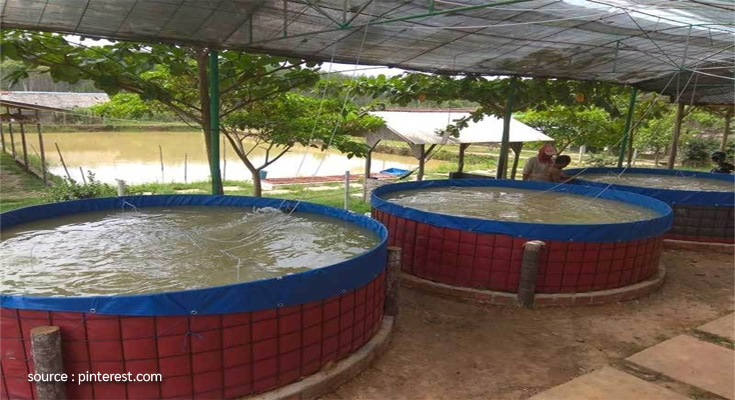Fish farming involves rearing fish for commercial purposes in tanks or compartments like ponds, usually for consumption. Fish farming, large scale or small scale, is a very lucrative business to embark upon. If having water bodies is better. Contrarily, you can also rear fish at home and in streams as water farming. Aquaculture is one of the fastest-growing food production areas in the world.
Largely, this is a wealth intensive enterprise. Also, it requires certain skills, proficiency, experience, and daily monitoring. Nonetheless, according to the enterprise capacity and region of the water body, preparing a business plan is important.
Here are 5 basic small scale fish farming business ideas highlighted by reviewsbird.co.uk.
1. Catfish Farming
One of the easiest fish farming business ideas in warmer temperatures is catfish farming. Catfish can be reared both in the ponds and tanks. Catfish remain populous as a result of its health advantages and market demand. At 18 months, catfish can be harvested and ready for consumption, and this guarantees a rapid return in business. Catfish farming is lucrative and profit yielding because of its high market demand.
2. Fish Hatchery
Starting a small-scale is another fish farming business idea that requires adequate skill and knowledge in the farm hatchery business. The farm hatchery is a manufactured fish herding center. And fish hatcheries produce young fishes to the retail fish farms. The enterprise is highly beneficial. However, it requires small fund investment and good planning.
3. Prawn Farming
Freshwater prawns can be raised in cement and earthen pools, ponds, irrigation canals, cages, pens, and natural waters. Nevertheless, pond culture is the most prominent method for prawn fish husbandry. Dissolved oxygen levels are kept high by water exchange in most prawn farms as well as fixing other water condition problems. as the most productive method of boosting dissolved oxygen levels in pond water can as well be adopted.
4. Tilapia Farming
The third most popular fish in aquaculture . Tilapia are prominent because they are high in protein, relatively large size, and development capabilities. Tilapia is a tropic fish that needs temperate water to survive. The suitable water temperature ranges between 28 to 30 degrees C. Mostly, tilapia fish need a cereal-based diet and do not feed on other fish.
5. Shrimp Farming
Shrimp farming in freshwater is suitable especially in the temperate environment and is the same with marine shrimp farming in so many ways. The freshwater shrimp farming methods include maturing out your young shrimps into grown-ups and selling them for gain. Shrimp production and the achievement of fish farming enterprise mainly rely on the quality of the pond used. Freshwater shrimp farmers do not yield positive results with newly dug ponds because there is no sufficient supply of food present in the ponds.
Conclusion
Before beginning marketable fish farming, it is advisable to have an extensive business plan. Just like any other livestock agriculture, wanting profit at the time of harvesting is not a bad idea.











